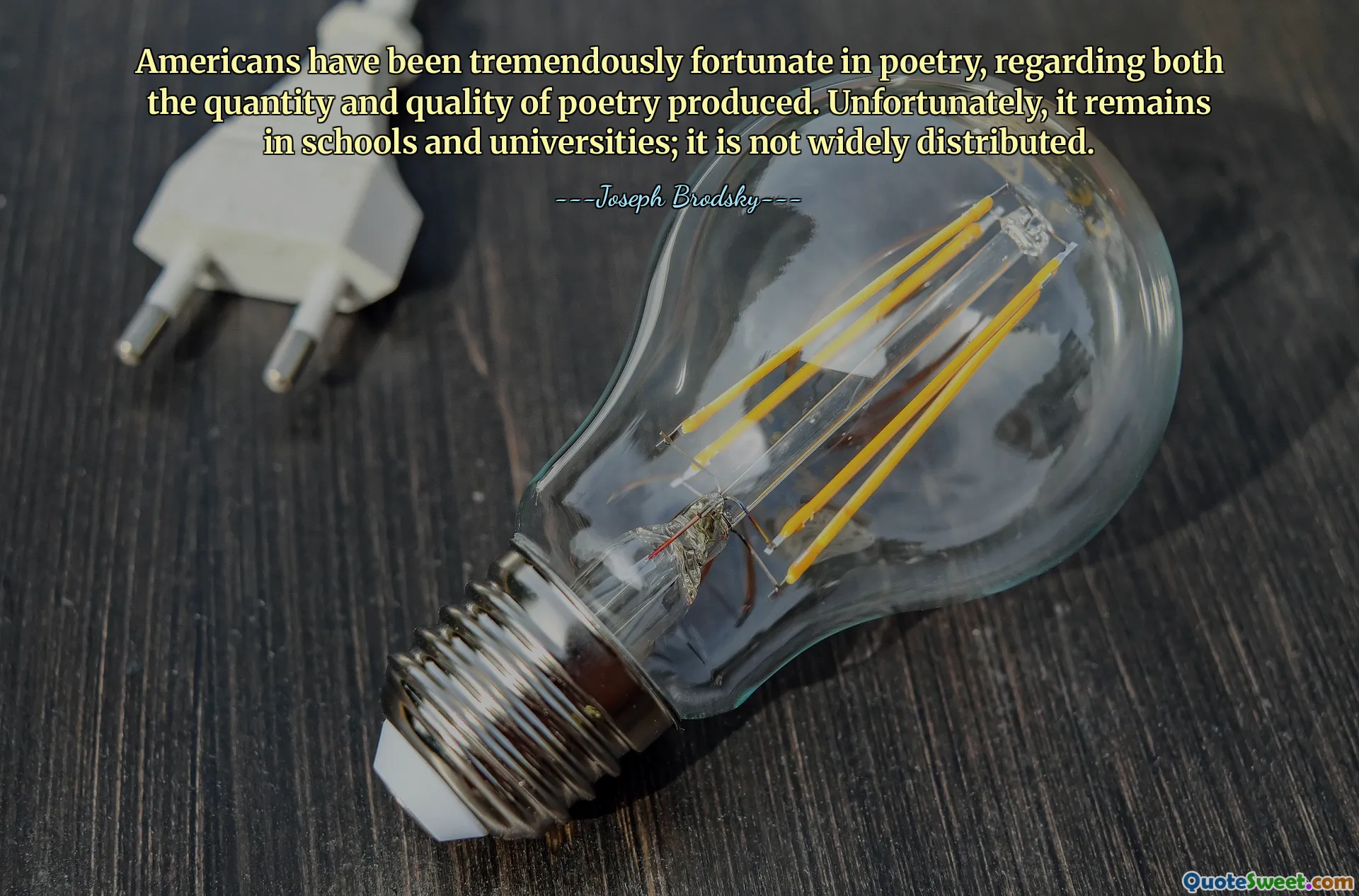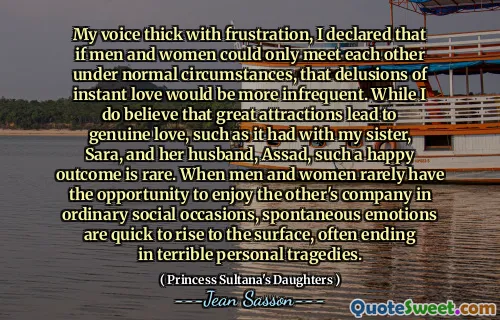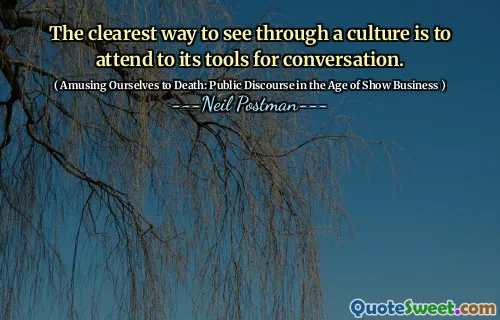
Americans have been tremendously fortunate in poetry, regarding both the quantity and quality of poetry produced. Unfortunately, it remains in schools and universities; it is not widely distributed.
The quote highlights a paradox within the American poetry landscape. On one hand, the country has produced a wealth of poetic talent, reflecting a rich heritage and a vibrant literary culture. The abundance and high quality of American poetry suggest an environment that fosters creativity, critical thinking, and linguistic mastery. However, the troubling reality is that this literary wealth remains largely confined to academic institutions, such as schools and universities, rather than reaching the broader public. This confined dissemination limits the influence and accessibility of poetry, preventing it from permeating everyday life and societal discourse. The ideal circulation of poetry would involve it becoming a shared cultural resource accessible to all, not just an academic pursuit. When poetry is only appreciated within scholarly settings, it risks losing its relevance and connection with the general populace, who might benefit most from its emotional depth, cultural reflection, and societal critique. Expanding the distribution of poetry through diverse media, public readings, digital platforms, and community programs could bridge this gap. Making poetry more accessible would allow it to influence a wider audience, foster community dialogue, and sustain the art form’s vitality. Ultimately, the quote calls for a reevaluation of how poetry is disseminated and appreciated, emphasizing that its value is maximized when it moves beyond the confines of academia into the fabric of everyday life.










